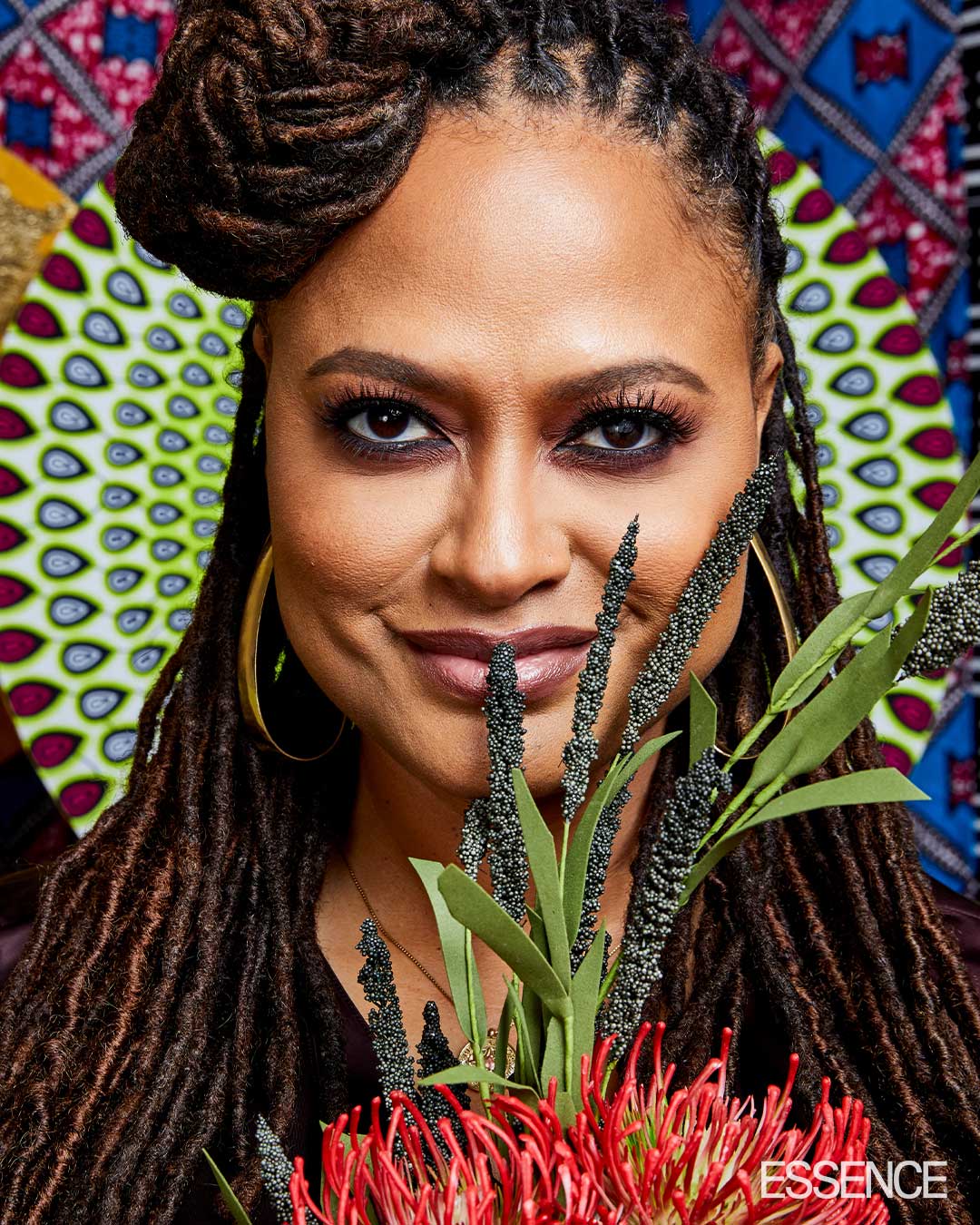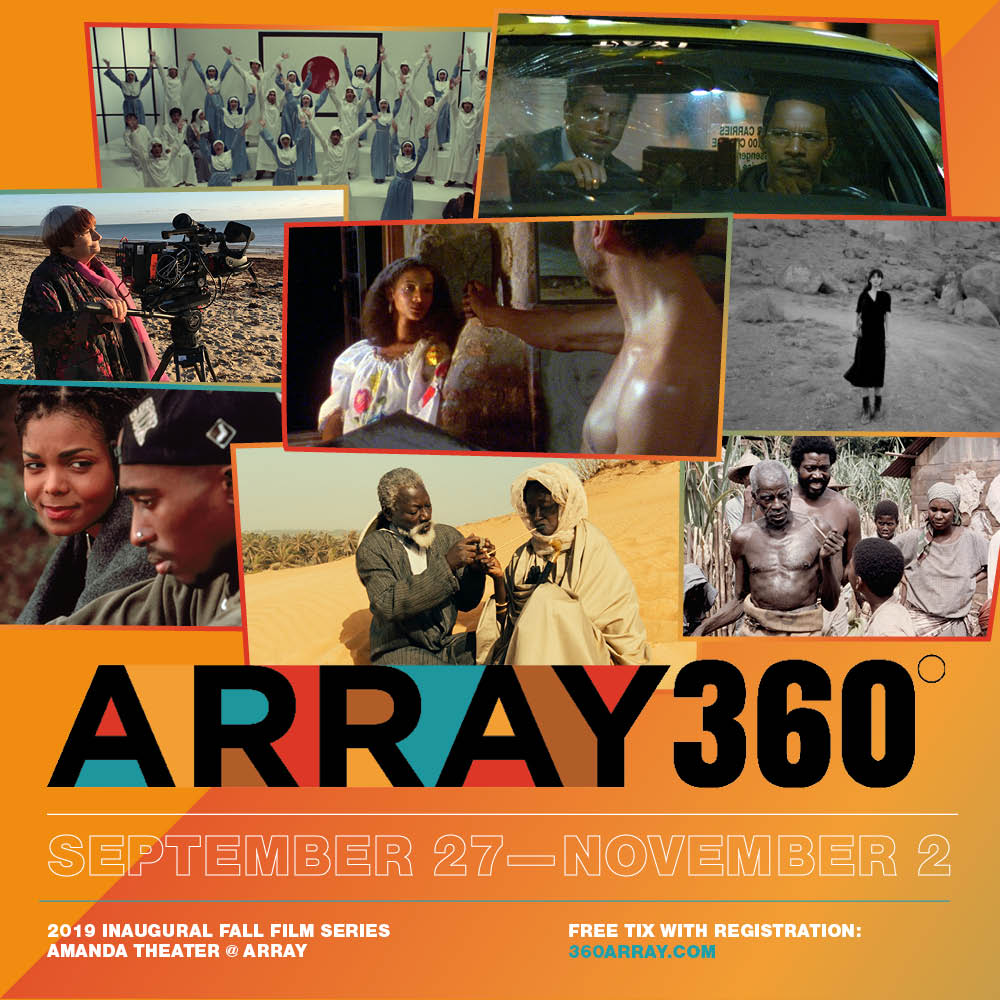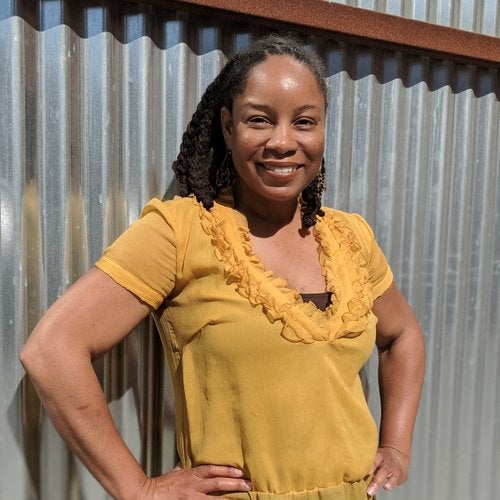
For film-loving Angelenos, their fall weekends will be a little bit better thanks to Ava DuVernay and her team at Array Now.
From September 27-November 2, DuVernay’s film collective and it’s non-profit arm, ARRAY Alliance, brings the work of celebrated and unheralded directors to new audiences through its inaugural ARRAY 360 film series in Los Angeles’ historic Filipinotown. And oh yeah, it’s free.
Days before its first weekend premiere of Euzhan Palcy’s Sugar Cane Alley, ESSENCE spoke with Array Now’s director of programming Mercedes Cooper about her dedication in making sure that the work hidden from previous generations, including her own, is given a proper platform during the inaugural series.
“We are hoping to reach the cinephiles, the people who may know and also introduce some filmmakers and film work to generations who might not be aware or have access to those types of titles, she said. “There’s not an absence of films made by any group of people really. If we look hard enough, it’s out there.”
For Cooper, a life long cinephile, the process of looking is its own reward. “It is a very specific experience than watching a film centered on a woman that is not directed by a woman,” she said. “For me it’s nourishing. It’s like a cozy sweater sometimes when I watch certain films in our collection. Wanda and Losing Ground and more work that that really can only come from a woman. It’s like a big warm sweater it’s sitting on your couch drinking something warm and fuzzy feel for me.”

“There’s the specificity, the details in the pudding as they say. That is just undeniable. It’s really about awareness,” said Cooper. “Filmmaking and filmmaking history runs deep and unfortunately a lot of audiences have only gotten the surface layer of what’s available from the well of cinematic history.”
Even Cooper—the product of parents who were intentional about exposing her to Black filmmakers such as Julie Dash, John Singleton and Spike Lee—had to fight her way below that surface layer.
“My family was a big Blockbuster night family. I remember my mom bringing home a VHS of a young filmmaker by the name of Spike Lee and it was School Daze and I was like ten,” said Cooper, chuckling at the memory.

“But she wanted us to watch that film because it showcased Black young adults in college,” she continued. “And she wanted us to see and know that that was a possibility.”
Cooper’s affection for film soon eclipsed the reach of her parent’s couch but accessing all the medium had to offer wasn’t easy.
“I went to film school myself and just really realizing how many people, how many filmmakers that I wasn’t introduced to…you would think that that would be a place where you get all that sort of like untapped, unknown, cinema history, a full well rounded cinema history. But I’m finding through just kind of my general curiosity for film as it’s grown over the years, a lot of these filmmakers were never brought up in any classes, which was really really disappointing to me.”
She and her colleagues at Array Now are dedicated to ensuring that does not happen to the next generation of movie lovers. But another goal of the festival is to invite viewers to experience the value of the work Black women create, not to plead for their acknowledgement, or approval of it.
“Here at ARRAY we’re not necessarily about asking for opportunities anymore. We’re sort of about building our own doors and walking through them and inviting others in. We’re focusing on showcasing perspectives from women of all kinds in our series.”
To ensure that festival goers are able to maximize their experience the festival will not be charging for tickets. “We were really happy to be able to offer this program as a free series for our inaugural season. We want this to be a scene where people can come and discover work and so we felt that making the ticket free lends itself. You’re not spending money on something that you’re not necessarily sure about. You can come and experiment and discover for yourself if you like it or not.”
Learn more about the ARRAY film festival here.